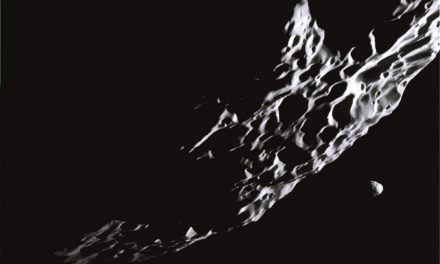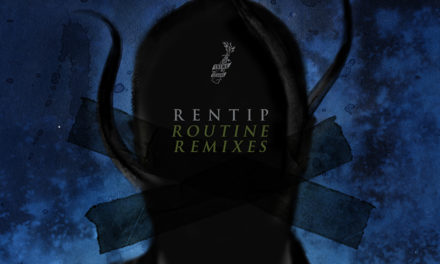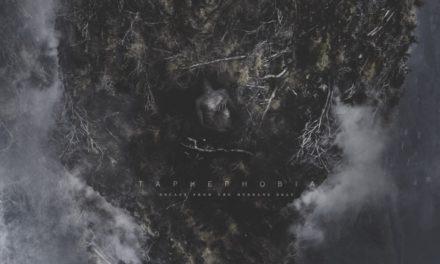
STCLVR
Post Self Abandonment
Phage Tapes
While we’ve spent a great deal of time navel gazing on this site about the ostensible split of first wave industrial into an uncompromising strain of power electronics on one side and the more rhythmically focused post-industrial diaspora on the other, over the past forty-plus years there have been countless crossovers and reunions betwixt those streams. More importantly, artists who weren’t alive at the time Chris and Cosey or Cabaret Voltaire started using drum machines, let alone old enough to have an opinion about it, shouldn’t be too concerned about such historical taxonomies, let alone feel as though they have to swear fealty to one particular stream. And it’s in freely taking from the whole terrain of the noisiest sounds within the whole industrial terrain, regardless of era an prominence, that the new record by Jamestown NY artist STCLVR (pronounced “Streetcleaver”) wins out.
Some of Post Self Abandonment goes right for the most extreme of sounds and styles, with plenty of pure power electronics and death industrial to be found on tracks like “Hope For The Worst” and “Pulsating”. But it’s when STCLVR works in some familiar post-industrial rhythms and programming while still maintaining its unwavering commitment to noise and aggression that the record really stands out. “Curbstomp Pickup” feels similar to Pure Ground’s Klinik-inspired approach to minimal wave, with even more filth and distortion caked onto its metallic skeleton. The overdriven dark electro of “Plowed” is of a piece with fellow Phage Tapes artist Choke Chain, and STCLVR’s use of harshly processed vocals on that track is a reminder of the very early days when aggrotech could claim honest lineage to the roots of dark electro.
This isn’t to say that STCLVR’s especially fixated on finding solely the most niche or obtuse subgenres to mine. The rolling, cyber-styled arpeggios of “Scumbag Finesse” and even some RevCo-styled overdriven bass on “Tarnish” have much more approachable grooves, though the record’s acid-blasted vocals and general lo-fi approach remain.
The attitude and extremity a record like Post Self Abandonment needs is something which seems to come naturally enough to STCLVR. What’s a bit more rare is the sense of comfort with the range of tempos and sub-genres which are pressed into service of those qualities, and by that measure Post Self Abandonment sets itself apart from plenty of other equally noisy (if not as satisfyingly industrial) acts.





